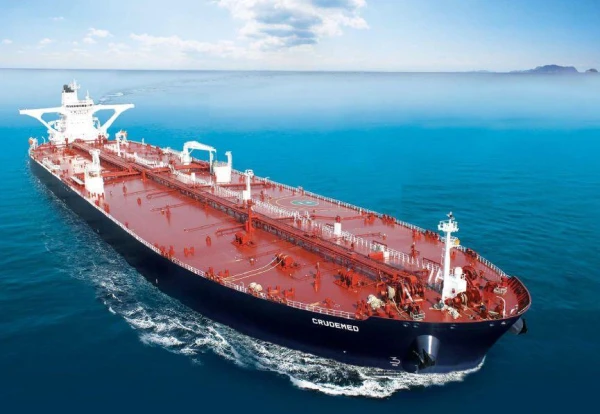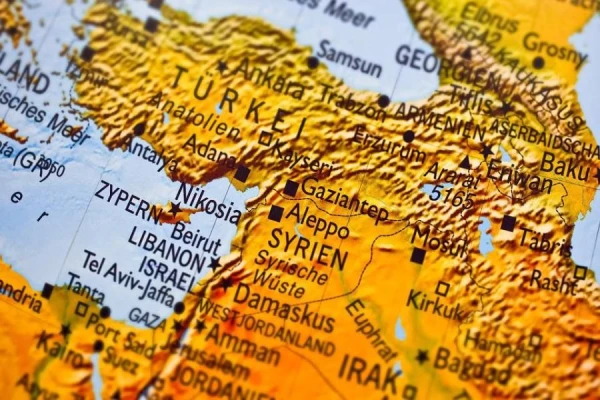
Around the world, approximately 1 billion barrels of oil have accumulated on tankers, with a "disproportionately large" volume consisting of raw materials from sanctioned countries. Among the reasons is the tightening of restrictions against Russia, Bloomberg reports.
Approximately one billion barrels of oil have accumulated on tankers in seas and oceans around the world, with a "disproportionately large" volume coming from sanctioned countries. This was reported on Wednesday, November 12, by Bloomberg, citing data from vessel tracking and analytics companies Vortexa, Kpler, and OilX.
According to their information, about 40% of the increase in oil volume on tankers since the end of August comes from raw materials from Russia, Iran, Venezuela, or fuel of unclear origin. Even by the lower estimate (around 20%), this is more than the combined share of these three countries in global oil production (17%), Bloomberg notes.
However, the accumulation of oil on tankers at sea does not mean that it will never be sold, the agency writes. Nevertheless, this increase impacts the revenues of sanctioned oil exporters and may have consequences for the global oil market, which is projected to move towards an oversupply.
What may be causing the increase
"Part of this increase is explained by the tightening of Western sanctions, which have caused Russian oil to be stuck on ships and unable to be unloaded," the agency quotes analysts from Clarksons Securities. In particular, Bloomberg reported the day before about a reduction in oil purchases from Russia by India.
At the same time, maritime shipments from Russia have increased in recent weeks as the country boosts production under an agreement with OPEC+ partners. Some oil may also have been redirected to export terminals due to Ukrainian attacks on oil refineries in Russia, Bloomberg points out.
The U.S. once again urged all NATO members not to buy oil and gas from Russia
U.S. Vice President JD Vance and Secretary of State Marco Rubio, during a meeting with Turkish Foreign Minister Hakan Fidan on November 10, urged all of Washington's NATO allies to stop purchasing Russian energy resources. According to Bloomberg, Turkey is the third-largest buyer of Russian oil after China and India.
At the end of October, the U.S. Department of the Treasury's Office of Foreign Assets Control (OFAC) imposed additional sanctions due to "Russia's lack of serious interest in the peace process" to end the war in Ukraine. The new restrictions affected not only Lukoil and Rosneft but also their 34 subsidiaries. The blockade will also apply to all companies in which Lukoil and Rosneft hold a stake of 50% or more. A week prior, the UK imposed sanctions against Lukoil and Rosneft.















Leave a comment